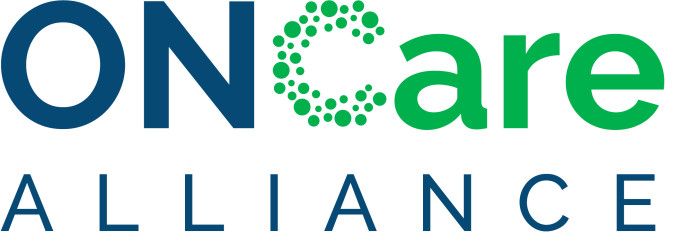
Amy Ellis: There Was a Big Shift to Telemedicine in Cancer Care Delivery

With the onset of the pandemic, the increased use of telemedicine has been the biggest change to how cancer care is being delivered; however, whether telemedicine is here to stay depends on the regulators and payers, said Amy Ellis, chief quality officer at Northwest Medical Specialties.
With the onset of the pandemic, the increased use of telemedicine has been the biggest change to how cancer care is being delivered; however, whether telemedicine is here to stay depends on the regulators and payers, said Amy Ellis, chief quality officer at Northwest Medical Specialties.
Transcript
How has Northwest Medical Specialties altered how it delivers care to its patients with cancer during the pandemic?
I'd say the biggest thing is telemedicine. At one point, we had about 60% of our office visits were done on telemedicine. Now, there's a little bit of a difference between providers. We've got, you know, one provider who hit that 60% mark, and then we've got others that were around 30%, 40%. But I would say that was the biggest change of our care delivery is operationalizing, telemedicine.
We used 3 different tools before we finally settled on using Zoom Health. We had a pilot with our medical director, Dr. [Sibel] Blau, and she tried, I want to say she tried 6 different tools. So, she was very, very helpful when we were trying to really settle on what tool to use, because in order to really have that buy-in from the staff and patients, the tool that you use and select is so important. If you're having audio issues, video issues, either the provider is not going to be happy and they're not going to want to do telemedicine visits, or the patients aren't going to be happy and they're not going to understand how to get themselves on the screen. So, I would say telemedicine is probably the biggest change that we made in our care delivery.
How much do you expect changes, like telemedicine, to stay around once the pandemic resolves? Is that part of the future of the practice or will it go away?
I think it depends on the regulatory side of it. And we would hope that payers, Medicare, will continue paying for telemedicine in the way that they are. But of course, our delivery of care is often dependent on the reimbursement. So, I think that the jury's probably still out on that. We know that in some fashion, if you know all the sudden post-pandemic, they take away the reimbursement for the services, we'll still use it for several different things, whether that be nurse check-ins,or other visits that prior to the pandemic weren't really reimbursable.But I think truly, truly, it's going to depend on really what it looks like on the regulatory and the payer side of it.
Newsletter
Stay ahead of policy, cost, and value—subscribe to AJMC for expert insights at the intersection of clinical care and health economics.









